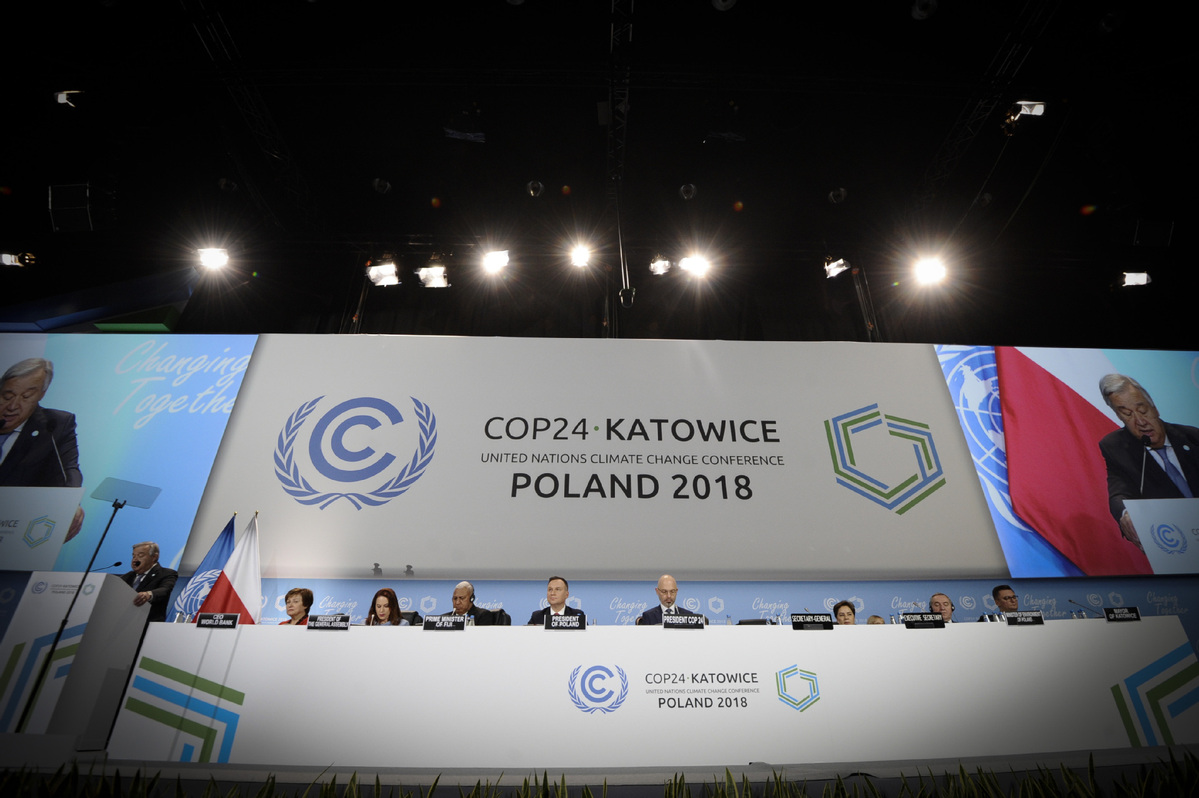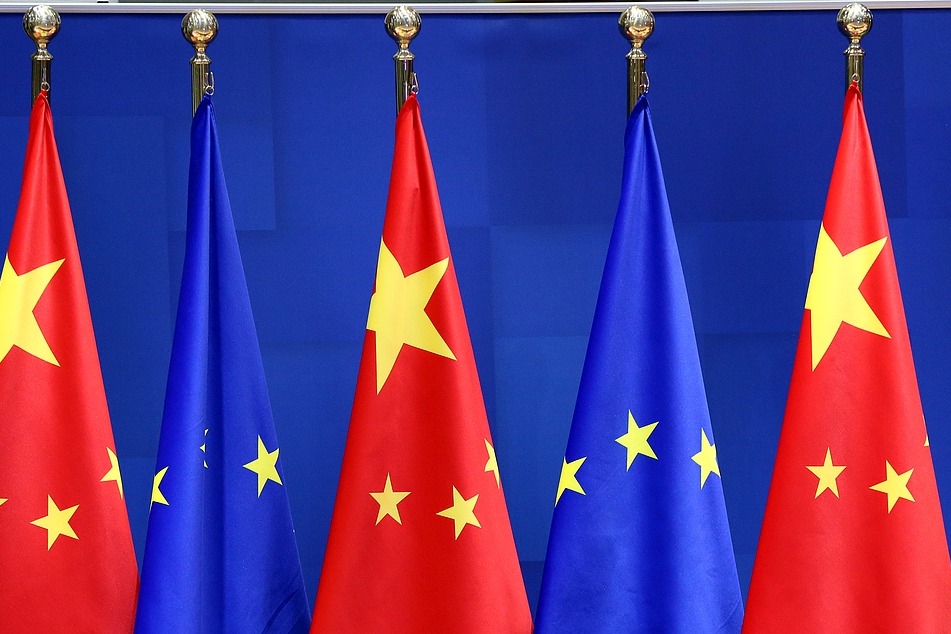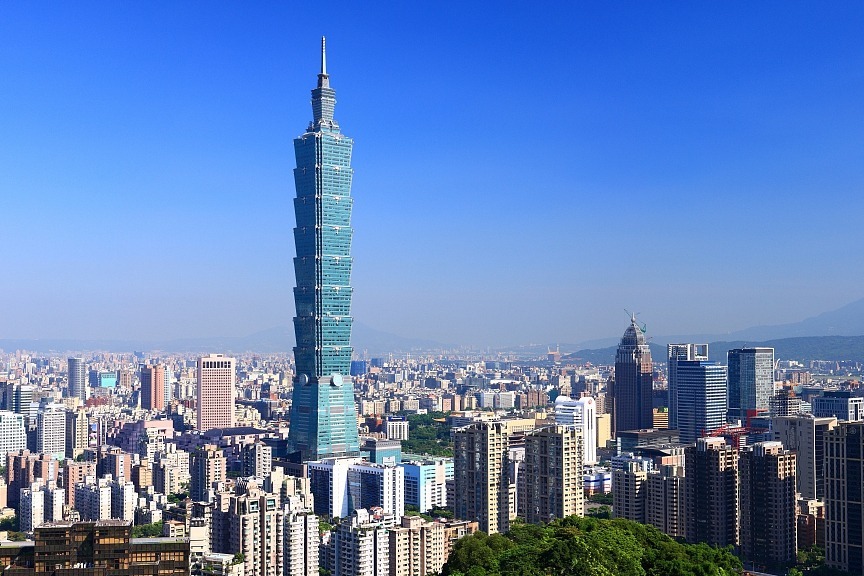Youths embrace policy debate


China's presence growing force at annual UN conference
Young people from China are playing a bigger role at United Nations' climate change conferences held annually over the past quarter century, with the most recent event wrapping up in Katowice, Poland, over the weekend.
Chinese youth were initially slow to show a great deal of enthusiasm for these key events. They only did so for the first time at the 11th conference in 2005 with a sole delegate, He Gang, who joined the gathering in Montreal, Canada, according to the China Youth Climate Action Network, an NGO established in 2007.
One young Chinese attended the 2006 conference in Nairobi, Kenya, and two were at the gathering in 2007 in Bali, Indonesia.
In 2008, Li Li, former head of the NGO, joined the conference in Poznan, Poland, where he realized that the lack of young Chinese in attendance stood in stark contrast to peers from other countries.
Since then, said Zheng Xiaowen, head of the NGO, it has been organizing students to join the conference each year. In 2009 alone, 38 young Chinese traveled to Copenhagen, Denmark, with the NGO to participate in the UN event.
Wang Zekai, a postgraduate student at the Guanghua School of Management at Peking University, attended the 2009 conference.
"The Copenhagen conference received a lot of media attention before it opened. Some reports even said it was the last chance for humans to save the Earth," he said.
Wang was so eager to contribute to saving the planet that he staged a mock conference at Renmin University of China before the Copenhagen gathering. The mock event attracted about 400 students and lasted two and a half days.
"All of us had the passion and were willing to help make a better future for the planet," Wang said. He conceded he did not expect that his application to attend the Copenhagen conference would be accepted.
Wang described himself as "an ignorant person who feared nothing" at the gathering in Denmark.
Curious about what was happening in a room heavily guarded by police, he walked in without being stopped, and found himself at an invitation-only high-level meeting of the World Business Council for Sustainable Development, a CEO-led organization of more than 200 top businesses.
Wang even handed out business cards he had printed for his mock conference to some of the CEOs, including a vice-president of Unilever, the transnational consumer goods company.
But while he found the main conference meaningful to attend, as it provided a lot of knowledge, Wang said young Chinese lagged behind their counterparts from other countries in team-and event-organizing. "They (foreigners) work in groups and they also host a series of events on the sidelines," he said.
Encouraged by his experience in Copenhagen, Wang launched the NGO Youthink Center with the aim of further mobilizing the participation of young Chinese in global issues. The NGO has been organizing the attendance of Chinese students at the UN Climate Change Conference since 2009.
Wang Binbin, a program director at the Institute of Climate Change and Sustainable Development at Tsinghua University, has also taken part in such conferences since 2009. At that year's event, many young Chinese "just gathered in a small corner and spoke with each other", she said.
"They didn't know how to join the whole process and how to participate in many of the events there. They didn't know how to join the global family," Wang Binbin said at an event on the conference sidelines.
Since then, significant changes have occurred. Now, young Chinese "even want to join some of the negotiations. They want to contribute their own voices," Wang Binbin added.
Yang Tianming, a senior student at Peking University, is one of those who were active at this year's conference in Katowice. The 21-year-old China Youth Climate Action Network member hosted a sidelines event, Youth Climate Change, in fluent English.
Yang said scorching summer temperatures and smog in Hangzhou, capital of Zhejiang province, triggered his interest in environmental and climate change issues when he was a high school student in the city.
He said the special report published by the UN Intergovernmental Panel on Climate Change on the impact of global warming of 1.5 C above preindustrial levels concerned him most at the conference.
Published in October, the report highlights a number of effects that could be avoided by limiting global warming to 1.5 C instead of 2 C, the goal set in the Paris agreement on climate change.
Yang said he is very concerned over whether the report can be considered in negotiations for implementing guidelines for the Paris agreement, a task entrusted to the conference.
He said much work still needs to be done to promote Chinese people's participation in addressing climate change issues.
"There is still a lack of public awareness about the risk from climate change. Many people are not yet willing to take action to change their lifestyles to make them climate resilient," he said, adding, "I would like to do something to influence other people."
He said one of the reasons the China Youth Climate Action Network took part in the conference was to learn about the current climate change situation, the progress made in negotiations, and to share this information with people via new media such as Sina Weibo and WeChat.
Yang said he has devoted himself to some of the activities at the China Youth Climate Action Network, such as promoting net zero carbon emissions at universities and researching the role shared bikes can play in reducing carbon emissions.
According to Zheng, the NGO's head, the organization plans to achieve net zero carbon emissions at 30 universities on the Chinese mainland by 2030. She also said she has found there has been increased involvement at UN climate change conferences in recent years among students with majors unrelated to the environment.
Jin Meng, a student from the School of International Studies at Peking University, took part in the Katowice conference because she plans to work for an international organization.
She is also concerned about the desert control program in her hometown in the Ningxia Hui autonomous region, which is home to three deserts.
Jin said topics at the conference that concerned her the most included the technologies that could help address climate change challenges, which she had no opportunity to study in her major. In addition to the report by the Intergovernmental Panel on Climate Change, she is also interested about gender equality, which was addressed at some of the events held on the sidelines.
The 19-year-old, who attended as a member of the Youthink Center, said she has been passing on what she learned at the conference to her classmates.
"I also plan to apply to become an ambassador for the Youthink Center at my university, and want to share what I learned at the conference with other students."
Yang, the environmental science major, said: "It's probably easier to make the younger generation aware of climate change than other generations. As younger people, we hope to further promote public awareness through our efforts."
































